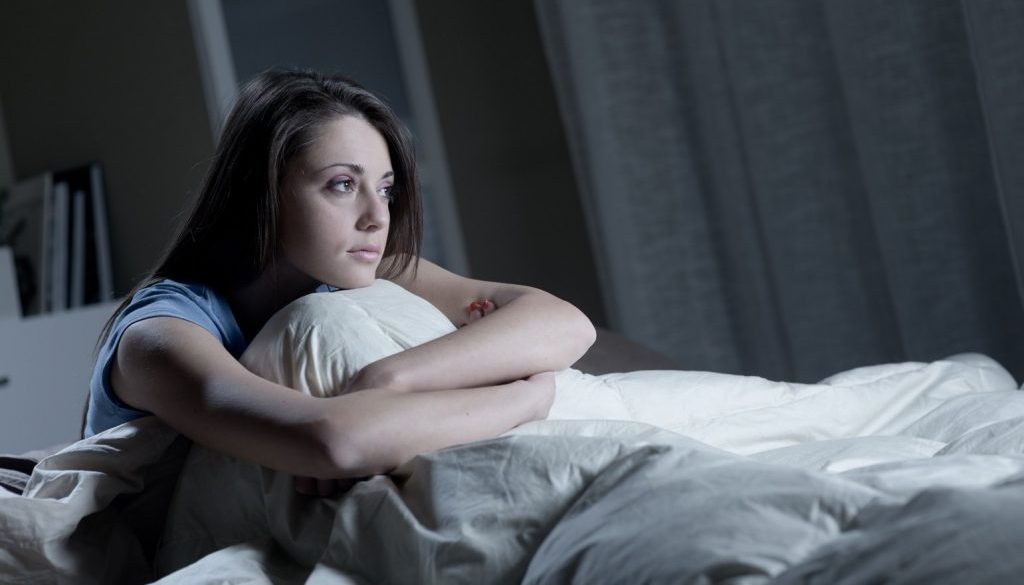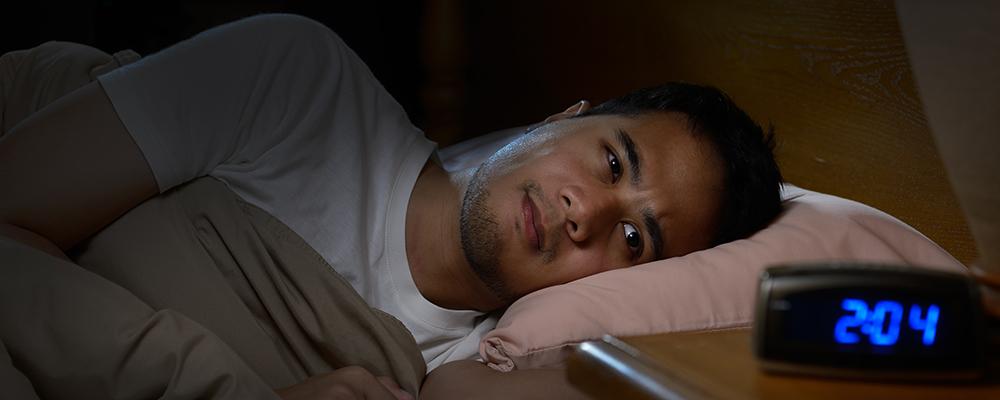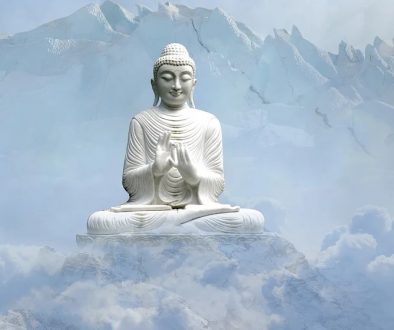The Scary Truth About Sleep Deprivation

My personal path to better sleep, mindfulness and meditation. Part 1
This BLOG is the first in a 3-part series to share my journey over the last seven months (today’s date 3/26/2020)
I am sharing a personal experience with sleep deprivation and how I broke through and eventually lead myself to a path of mindfulness, daily meditation and personal leveling up. Sixteen months ago, life was groovy. I had a great career and home in California, but had a new plan. I purchased a home and started a new life and business in Nevada. I had it all figured out, after all what could possibly go wrong.
As it turned, a lot of things went south. My health, my focus and my sleep. What brought about these things is not important. We all have a story to tell and a cross to bear. This created “causality” cause and effect that lead to almost two solid months with no sleep. I was working a 40 hours week, running a small business from home 20 hours a week, and spending a minimum of 4 hours a week at the gym, and adventuring into the back country every weekend. This is a pretty normal lifestyle for me as I love to be active. The problem was – I WASN’T SLEEPING!!!!
Stress and anxiety played a huge roll and were contributing factors. While I knew I was under stress, and not feeling like myself, I thought I was dealing with it by taking on more. More work, more exercise, and more of everything but sleep. This eventually lead to suffering from sleep deprivation.
What is sleep deprivation? Sleep deprivation means you’re not getting enough sleep. For most adults, the amount of sleep needed for best health is seven to eight hours each night. When you get less sleep than that, as many people do, it eventually leads to a whole host of health problems. Just one night of poor sleep can lead to a number of unpleasant effects the next day. Acute sleep deprivation can result in:

- Irritability
- Lack of focus
- Reduced attentiveness
- Higher risk of accidents
- Fatigue
- Memory loss
- Overthinking
- Heart disease
- Weight gain or loss
- Diabetes
- Neurological problems
- Altered hormone production
- Lower immune function
- Impaired temperature regulation
- And a host of fall out symptoms related to the above
This occurs not from getting little sleep, it’s due to the fact you lack Deep sleep and REM sleep. There are four stages of sleep and Deep and REM sleep are the last two of the four and the ones critical for keeping your brain and body functioning at its optimum.

- STAGE ONE: Your eyes are closed, but you wake easily
- STAGE TWO: You are in a light sleep. Your heart rate slows, and your body temperature drops. Your body is getting ready for deep sleep
- STAGE THREE: Deep Sleep, also known as NREM (non-rapid eye movement), is the state of when it is harder to rouse you up, and if someone woke you, you would feel disoriented for a few minutes. During the deep sleep stage, the body repairs and regrows tissues, builds bones and muscle, and strengthens the immune system.
- STAGE FOUR: REM Rapid Eye Movement. REM sleep usually happens 90 minutes after you fall asleep. The first period of REM typically lasts 10 minutes. Each of your REM stages get longer, and the final REM sleep may last as long as an hour. During this time, your heart rate and breathing will quicken, and you could experience intense dreams.
Stage three is crucial for keeping your mind and body functioning at its peak. Stage three is also known as slow wave. REM sleep stage four promotes memory creation and solidifies things we picked up during the day and stores them. This cycle, as you can see is a healing and revitalization process. Without a decent night sleep, your more likely to develop more serious health and well being issues. This could lead to inflammatory stress and cause damage to the brain, injuring neurons. Over time, the symptoms will only worsen.
Let’s start by taking a deep breath (BREATHE in 1-2-3-4) and exhale. Now, we can start sleeping better.
Treat your sleep as an investment in your health, well being and longevity, and level up your life. Learn to enjoy the time of slumber.
Let’s get an amazing nights sleep starting tonight. Here are simple and effective ways to achieve a good night’s sleep.
- Avoid alcohol: I get it. Throw back a few and it may make you fall a sleep for a short while. However, when it wears off, you will awaken in a fragmented state, and either not be able to fall back asleep, or have frequent, even unnoticeable wake ups during the night, only leaving you exhausted in the morning.
- Avoid Caffeine: A no brainer…Even if your one of those folks who can drink coffee before bed, and historically can sleep, STOP! Drinking caffeine keeps you from reaching Stage Tree and Four which you need to stay healthy.
- Block Out Light: Even modest light can penetrate our eye lids and interfere with melatonin production. Even displays from electronics, or ambient streetlight can have an effect on your sleep. Keep your bedroom dark, quiet and cool.
- Take a Bath: We start to wind down and get into sleep mode typically a couple hours before bedtime, which is a great time for a warm soak in the tub. Studies have shown that a warm bath kicks the body’s cooling process into gear and helps you drift off to sleep.
- Drink some water: I know what you’re thinking, if I drink water, I will have to get up to pee. I am not suggesting drinking a BIG Gulp right before bed, but having a few sips will help find your rhythm and sleep pattern. Being hydrated at bedtime will lessen the stress on your heart and regulate your body temperature. Again, find balance with this so you’re not waking up to go to the bathroom.
- Ambient Sound: While it might sound counter intuitive to have noise, I have found for myself, and studies shown, that white noise works by drowning out the noises that may wake us. Our brains continue to process sound even as we sleep, so make sure to have it on a timer. Try it, if it doesn’t work for you, you’ll know in short order. I personally listen to rain, snowstorms or ocean waves on my Alexa. I have a timer set for 40 minutes, and find that listening to ambient sounds helps me drift off quickly. I now do something similar, but slightly different. In the next article, I will share with you what I’m currently doing. However, what I’ve shared above is how I got started.
This was the beginning of a good nights sleep for me. I haven’t looked back. I continue to sleep soundly, and typically start my day with a smile, a morning run or a work out at the gym. I can achieve this because I am rested, rejuvenated and focused.

It took some time, and there were several other factors that lead to better sleep, mindfulness, focus and meditation. Over the next few weeks, I will continue to share my personal journey to level up and live the best life ever.
Sleep Nice!
Cheers, Nomad

